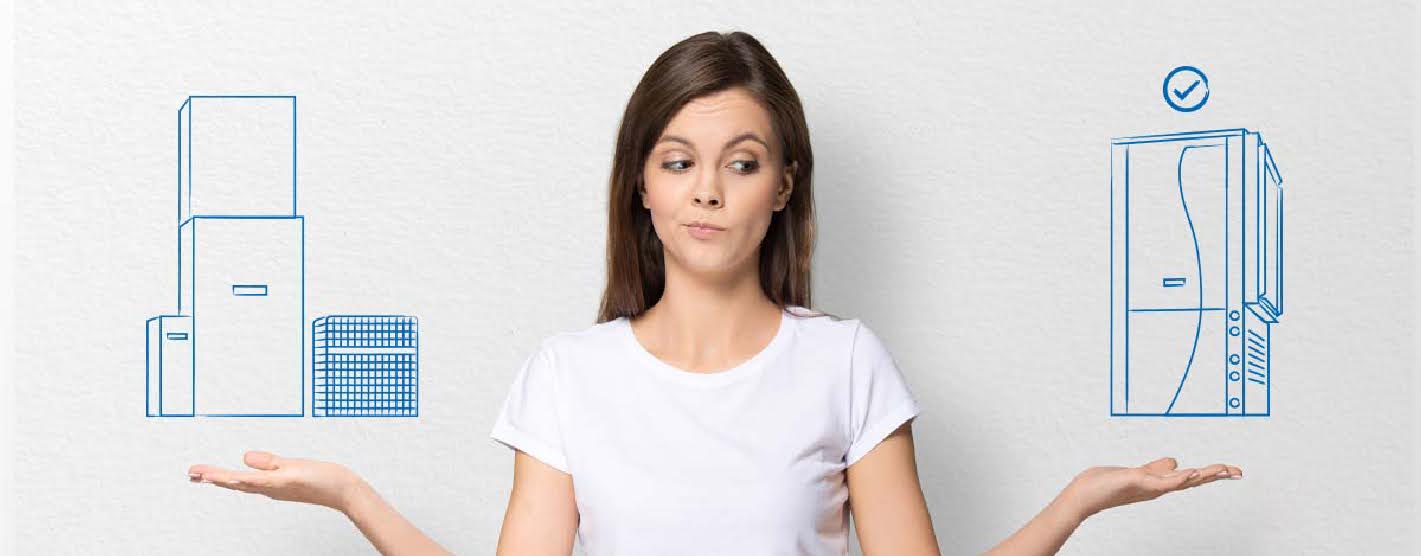As energy costs continue to rise and environmental concerns grow, homeowners are increasingly looking for sustainable solutions to heat and cool their homes. Geothermal energy systems offer a reliable, eco-friendly alternative that significantly lowers energy bills. Homeowners have access to various tax credits and rebates, making installing geothermal systems more affordable than ever.
State and Local Geothermal Incentives
In addition to the federal tax credit, rebates, low-interest financing, and property tax exemptions may further reduce the out-of-pocket costs for homeowners.
- State Rebates: Some state programs offer direct rebates that can help reduce the initial cost of geothermal installations.
- Utility Company Rebates: Local utility companies often provide incentives to encourage energy-efficient home upgrades. Check with your utility provider to see if geothermal systems are eligible for rebates.
- Low-Interest Loans: Some financing options make it easier to invest in geothermal systems, spreading out the costs over time with favorable terms.
To find the most up-to-date information on state and local incentives, homeowners can explore the Database of State Incentives for Renewables & Efficiency (DSIRE), which provides a comprehensive list of available programs across the United States.
The Indiana Office of Energy Development‘s Indiana Energy Saver Program is one option available to Hoosier homeowners. The program’s Home Efficiency Rebate (HOMES) provides cost savings on whole-home retrofits utilizing ENERGY STAR-rated equipment that achieve at least 20% energy savings.

Steps to Maximize Your Geothermal Costs and Savings
Steps to help you navigate the process and fully benefit from the geothermal tax credits and rebates include:
- Get a Property Assessment: Assess your property’s suitability before installing a geothermal system. Consult an experienced, certified geothermal installer, such as Precision Comfort Systems, if you live in Indiana. We use WaterFurnace brand equipment that meets ENERGY STAR standards and other eligibility criteria.
- Document All Expenses: Keep all receipts, invoices, and certifications related to your geothermal installation. This documentation will be essential when claiming your tax credit and any available rebates.
The Long and Short-Term Benefits of Geothermal Systems
Geothermal systems offer significant financial and environmental benefits beyond the immediate tax savings. Homeowners often see up to 70% reductions in heating and cooling bills compared to conventional systems. Additionally, geothermal heat pumps are known for their durability, with lifespans of up to 25 years for indoor components and over 50 years for ground loops, providing long-term reliability.
As energy costs continue to rise, the savings from a geothermal system will only become more valuable over time. Even if you don’t plan on staying in your home forever, installing a geothermal system increases the value of your home by enhancing its energy efficiency—a key consideration for potential buyers. If you live in the Indianapolis area, get started now with a free consultation from the geothermal experts at Precision Comfort Systems.
